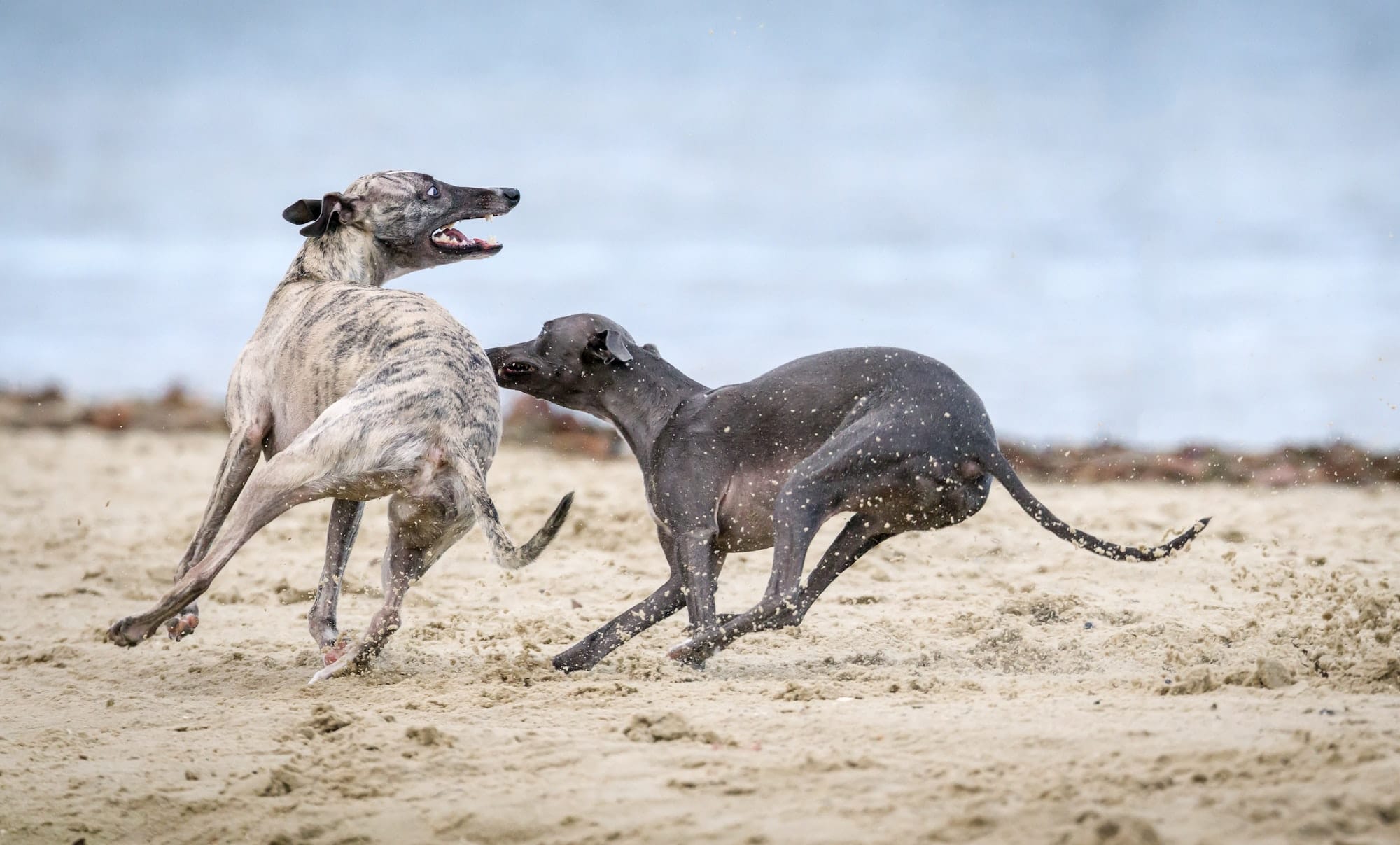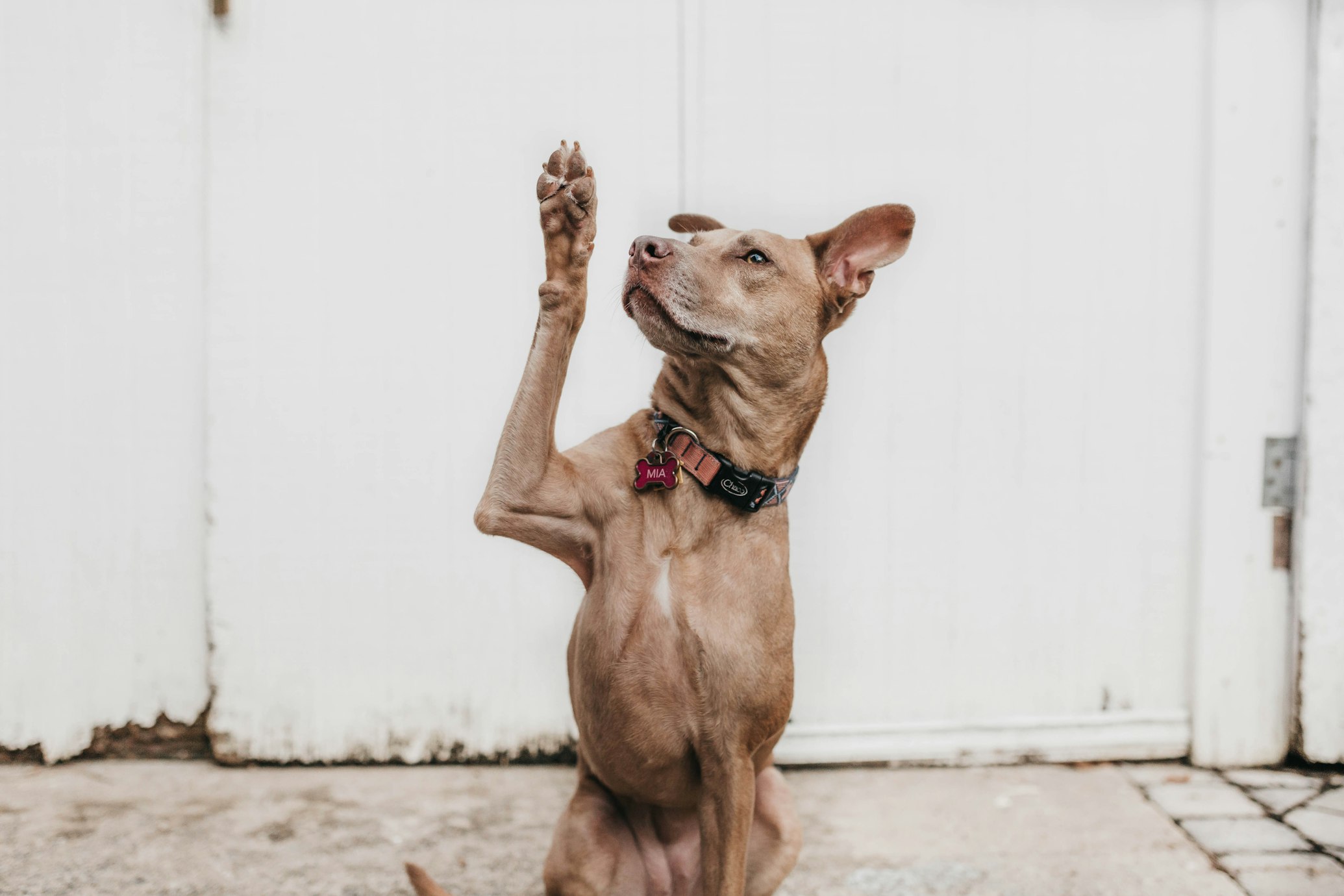
Our dogs participate in a variety of strange habits that make us chuckle or scratch our heads, and chasing their own tail is just one of the many strange things they may do. It's typically innocuous, but this behaviour can indicate that something is wrong. Here's how to tell if your dog is chasing their tail for any of these reasons, and when you should take them to the vet.
The majority of the time, your dog is just being a stupid dog when they find their own tail is really exciting all of a sudden. If they gets preoccupied with chasing their own tail, or if the behaviour occurs in conjunction with any of the other worrying symptoms listed below, it's time to seek help from a veterinarian or veterinary behaviorist to rule out a more serious issue.
Your dog may spin or chase her tail for a few moments if she is feeling very good or is overly enthusiastic about the day. When she's really excited about anything (a new toy or a stroll), you could notice that she repeats this behaviour every time that amazing thing happens. This is all very natural behaviour from a lovely dog.
Your canine buddy is just as frightened as you are when you are tense or stressed. When your dog is experiencing that uneasy anticipation, such as before heading to the vet or immediately before you leave for work, she may begin to engage in repeated activities like chasing her tail. If she also exhibits other problematic behaviours such as excessive whimpering, barking, chewing, damaging household goods, or having accidents in the toilet, she may be suffering from separation anxiety or another type of anxiety. Consult a veterinarian behaviourist or a trained canine behaviour consultant to figure out the best course of action for your pooch.
When your dog is conflicted or unsure about what to do, she may exhibit displacement behaviours, which are normal canine activities that occur outside of their natural environment. Displacement behaviour can include tail chasing or spinning, especially in areas where your dog is exposed to stressful triggers. It's critical to be a source of comfort and support in this situation, and to do whatever you can to reduce the stressors in the environment.
Many dogs, particularly herding dogs, have a set of behaviours that they repeat over and over. This usually looks like a dog who is desperate for you to throw that Frisbee or perform that favourite trick again and again in order to obtain another goodie. When too enthusiastic, some dogs will spin in circles, while others will begin chasing their tail. All of these can be short-term, normal, repeating actions that are connected to a specific situation. Repetitive behaviours, on the other hand, become an issue when they interfere with day-to-day functioning.
If your dog appears preoccupied or concentrated on anything and you are unable to deflect her, or if she chases her tail at inconvenient times over and over, she may have a compulsive disorder. Canine compulsive disorder can manifest in a lot of ways but commonly appears as tail chasing, obsessive licking or chewing of an area on the body, obsessive barking, jumping up and down, or pacing.
Canine compulsive disorder can be caused by a variety of factors, including genetics, stress and severe anxiety, physical concerns, or frustration. I don't advocate that dog owners use laser pointers to play with their pets because it can be frustrating. Because your pet is unable to catch the light, it disrupts their typical play routine, resulting in a disappointed animal who may become obsessive. Instead, conduct some positive reinforcement trick training, go for a hike, attempt nose work, play fetch, or provide a snuffle mat to keep your dog's mind and body occupied.
When our dogs are sick, they may exhibit behaviours that they would not ordinarily exhibit. A dog chasing its tail repeatedly could be a sign of a health problem, such as analgia, neurological system problems, tail damage (broken bone or injury), allergies or a skin condition, or a seizure disease. These are all serious problems that appear out of nowhere and progress quickly, so make an appointment with your veterinarian as soon as possible.
Good news — we've got answers. If you don't see what you're looking for send us a message.
Get in touch
Take 50% OFF your entire order.
Use code 50OFF
*Valid on selected items only.
